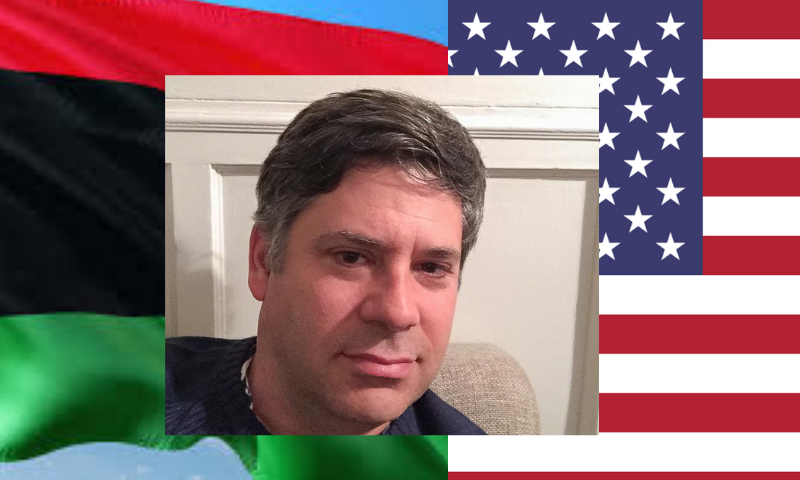Caitlyn Kim
NPR, Sept. 6, 2022
“By making it about scoring political points rather than trying to fix a broken system, they only perpetuated a controversy that was further tearing apart the county.”
Benghazi. It’s become a political Rorschach test for the country. The Right sees it as everything wrong with Democratic foreign policy or some kind of cover-up, while the Left sees it as conservative pushed conspiracy theories.
Ethan Chorin’s book Benghazi! A New History of the Fiasco that Pushed America and its World to the Brink takes several steps back to give much needed context — historical, regional, political, and social — to the Sept. 11, 2012 attack that left four Americans dead, including U.S. Ambassador Chris Stevens.
One thing is clear: There is plenty of blame to go around for what lead up to the attack, and more importantly, the response after that attack.
It hits close to home for Chorin. He was in Benghazi when the attack took place. A former diplomat, Chorin served in Libya from 2004-2006, during the George W. Bush administration’s rapprochement with the country and its former leader, Muammar Gaddafi. It was an opportunity “to look under the hood” of a country that had been closed off to America for decades. His love for the country and the people he met is evident across the pages of his book. After the uprising, he and a Libyan American from Texas formed a non-profit to focus on medical help for Libya.
Chorin also knew Stevens. He admired what Stevens represented in the State Department — expeditionary diplomacy. It’s the idea that diplomacy requires some degree of risk-taking rather than staying behind fortified walls. The two were expected to meet in Benghazi on Sept. 12. Aside from a strong understanding of Libya, the two men shared a hope for the country’s future and America’s role there. … Source


